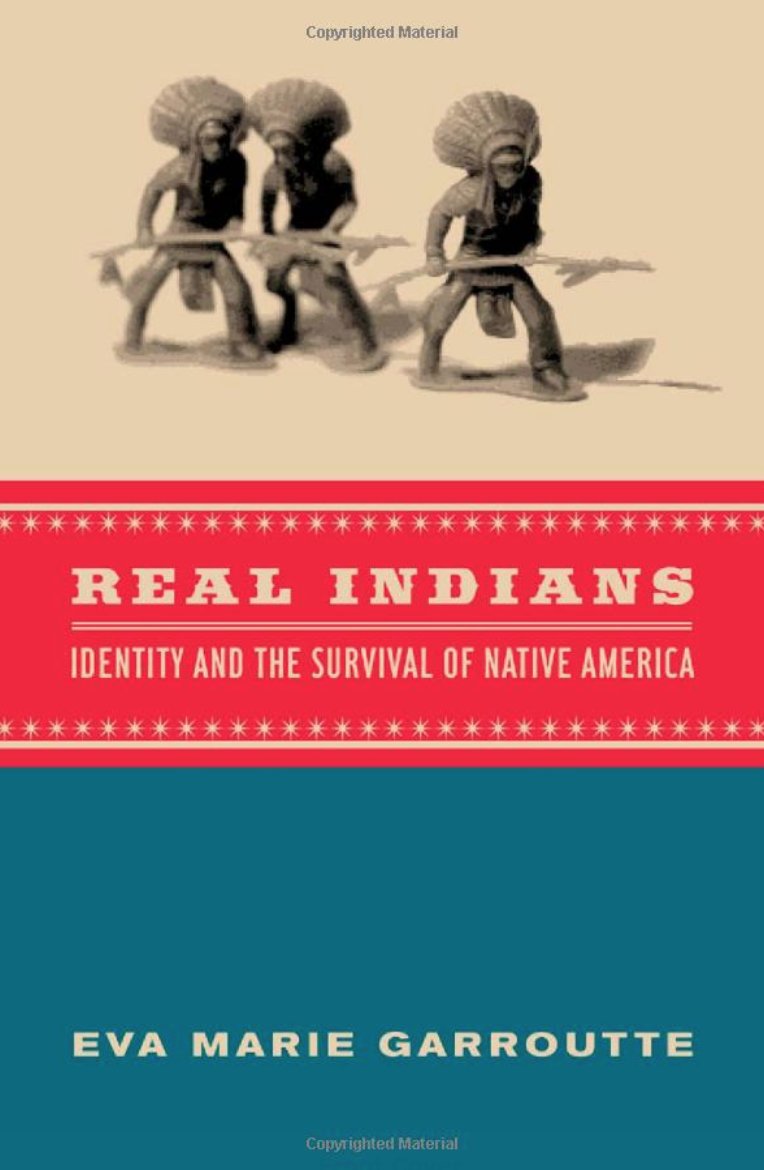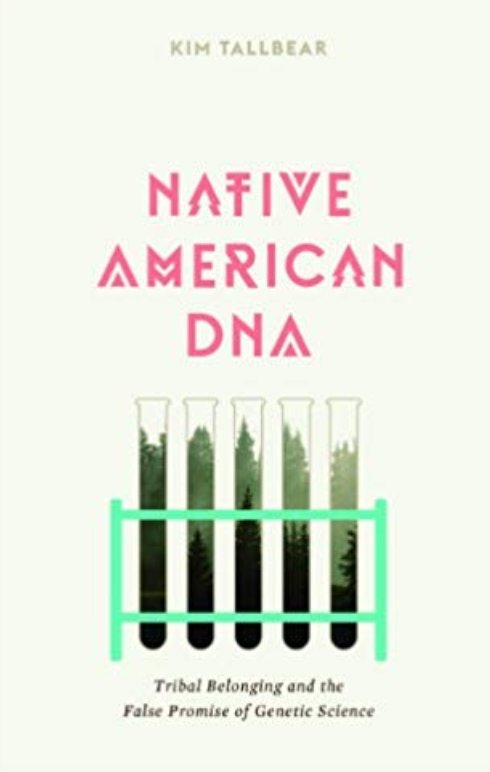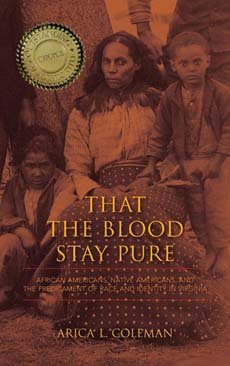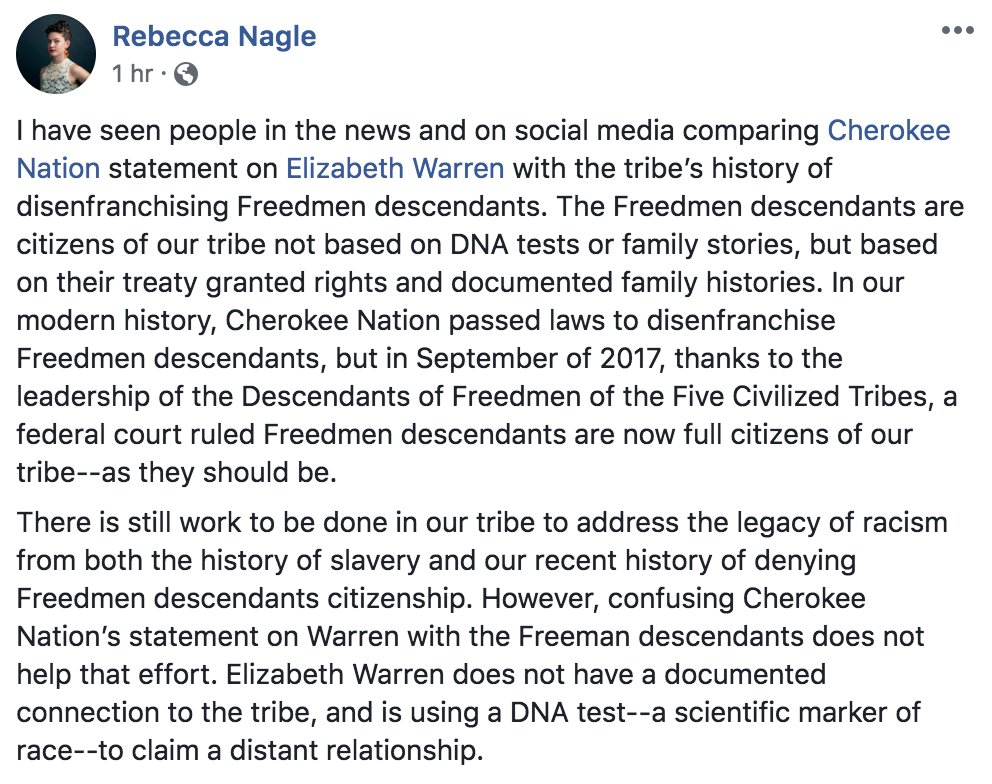Eds note: Below is a compilation of a tweet thread I did from Oct 20-21. (If you do tweet threads and want to compile them, try Spooler. That's what I used for this post.)
Thinking, today, about Native identity, and how we speak of it.
I used to say "tribe" but realized that just "tribe" wasn't sufficient. For those who did not (and do not) know that we are sovereignty nations, "tribe" alone let them place us as a race or a cultural group.
I can talk all day long about growing up on our reservation, doing the things we do as Native people there, and say things like "moccasins" and most people in the US would nod because it would fit with what they know of us as peoples with distinct cultures.
But doing that is not enough. So--I use "nation." When I'm giving a lecture, I give an example of what it means to be a sovereign nation. A simple one: we decide how fast you drive on our reservation. If you go too fast and get a ticket, it is paid to our tribal gov offices.
The US has many racial groups and many cultural groups but they don't have a land base over which they have jurisdiction such that they can set speed limits.
If you're following the #ElizabethWarren news, you may have seen the word "citizen" or "citizenship" or "tribal member" or "enrolled." You may have been surprised to hear those words and/or to learn that tribal nations determine who their citizens or tribal members are...
But, that is how it works. Each tribal nation has ways it decides who its members are... and you can look that up if you know the name of the nation you're interested in.
As I'm laying it out, it might seem pretty simple but... this is all political! Our tribal leaders and councils and the requirements are imperfect because, we're human beings.
One of my top concerns is fraud. There's so many people that outright lie about a Native identity. It gets them jobs, or cred in some places, that they ought not have.
Some people get jobs and cred by claiming it, but they're not outright lying. They really believe a family story. When someone asks for specifics, it can get uncomfortable for everyone.
Someone who can't get enrolled, but who is definitely Native--that's an entirely different story.
But those folks can generally point to cousins who are enrolled, who are kin. Those folks are usually known in the nations who they name as theirs. People in the nation will speak for them.
I've been fooled by someone's claim to Native identity--more than once. When you find out that people tried to tell that person to stop identifying that way and they did it anyway... And they still do it... it is hard!
There's resources out there. Books that can help you learn some of the nuances of all this. Eva Garroutte's REAL INDIANS is one.

Because of Warren, DNA [testing] is the big topic of the moment. It won't help you [get enrolled with a nation]. Read Kim Tallbear's book: NATIVE AMERICAN DNA: TRIBAL BELONGING AND THE FALSE PROMISE OF GENETIC SCIENCE

Speaking of myself, I am tribally enrolled at Nambé Pueblo, a sovereign nation that Spain, Mexico, and then the US regarded as a nation. We were a nation before the United States was a nation.
Some universities, in an effort to stop fraudulent hirings (and there are MANY) are trying to figure out how to stop that kind of fraud.
There's so many ways I could go with this thread. Things in my head. Like--years ago, Scott Lyons wrote an article in a newspaper, about tribal nations that were disenrolling Black people. That whole convo is very complicated, but, one
... one thing that Scott said was that tribal nations have to exist as nations, and that if we disenroll Black people, we were engaging in a form of ethnic cleansing.
Some articles, books, etc. have helped me understand many dimensions of the politics of Native identity. Scott's is one of those. Wish I could find it. He's right. Those disenrollments were wrong.
Native America Calling has had some very good segments on disenrollment. Here's one: Wednesday, April 6, 2016. Disenrollment.
Here's another one: Wednesday, May 6, 2015. Tribal Enrollment and Blood Quantum.
A lot of people think that it is racist to ask a Native person for "proof" of the identity. They're using a racial framework, and if this was a racial issue, it would be racist to ask -- but Native citizenship isn't about race. It is about nationhood.
It is more like asking someone for proof that they're a US citizen. That's fraught, too, esp right now with this racist administration in DC, but that's [nationhoood] the framework where the question belongs.
And--friends/colleagues who are Indigenous--if you see a tweet in this thread that needs clarification, please let me know.
Another Native scholar who helped me clarify how I speak about Indigenous identity is Elizabeth Cook Lynn. I used her work to write a post for my site, titled Are We People of Color?
I try to listen, weekly, to @mediaINDIGENA's podcast. I learn a lot from the guests there. Go here, and scroll down to episode 119. It was about DNA testing.
People who follow me know that most of my work is in children's and young adult literature. My blog, American Indians in Children's Literature, has 11 years of posts on it. ELEVEN YEARS. That's a lot of content, available to you, at no charge.
I said "at no charge" because most of the writing that we do is in journal articles, magazines, books... that cost money to get to. So--as a former schoolteacher, I do what I can to provide resources to people who want/need them.
Most children's/YA books out there that teachers assign are deeply flawed. Like, ISLAND OF THE BLUE DOLPHINS. Ugh. Don't assign that, please. Here's my critique of that book.
Books like that one are huge obstacles to progress in terms of getting Native writers published, and getting their books read or assigned in schools. Seems ppl prefer long-ago-far-away "Indians" over stories that are real! That show our lives as we live them.
Coming up soon, I'll be on the #NIEABookClub to talk about two excellent books by Native writers.
One is @DanielVandever's picture book, FALL IN LINE, HOLDEN, which is about a kid in boarding school, where the goal was to stop Indigenous kids from being Indigenous. So--about identity. And asserting identity.
The second one is @CynLeitichSmith's HEARTS UNBROKEN, where a teen girl in a suburb is navigating challenges to her identity. There's an important thread in Smith's book--about L. Frank Baum. Native ppl know why that's in there.
Most non-Native people see "L. Frank Baum" and think 'yay' but they don't know that Baum wanted to exterminate Indigenous people.
Europeans wanted us out of the way. But our ancestors fought back. That's why we're here, today, saying 'nope' to those who misrepresent us in children's books or in national politics.
Vine Deloria Jr -- in volume 1 of DOCUMENTS OF INDIAN DIPLOMACY -- wrote something abt treaties that sticks with me. To Indigenous leaders/ppl, they were about relationships. To Europeans/Americans, they were about resources. Interesting, eh?
Circling back to the Elizabeth Warren situation. So many Indigenous people are getting trolled by people who seem to think that, in speaking up abt what Warren did, we are choosing trump or GOP, as if our existence is one or the other.
That kind of trolling demonstrates a lack of understanding, or, a lack of care if there is some understanding. That kind of response isn't helpful to anyone.
The response that is needed, is one that is issued after you've read Native writing(s) about identity--specifically right now--about Warren. To help with that, I'm creating a list: A Curated List of Native Responses to Elizabeth Warren
When I was at U Illinois, we had a couple of instances of ppl making claims... and so we drafted a statement: Identity and Academic Integrity
I'll be adding to this thread as I see other items that are of relevance. See Dr. Arica Coleman's article in Time magazine: and get her book, THAT THE BLOOD STAY PURE. (time.com/5430057/elizab…)

See Kim TallBear's threaded response to Zerlina Maxwell's remarks on MSNBC a few days ago:
See Ebony Elizabeth Thomas's thread, with its link to an article by Henry Louis Gates:
As noted in tweets 8, 11, and 12, being a citizen or enrolled in a tribal nation is messy. I'm glad to see threads from friends/colleagues who can add to my/our/your understandings. See Elissa Washuta's thread:
See Daniel Heath Justice's thread, too:
And, see Rebecca Nagel's Facebook post about ongoing conversations about Cherokee Freedmen: Here's a screen cap of the first two para's of her post.








